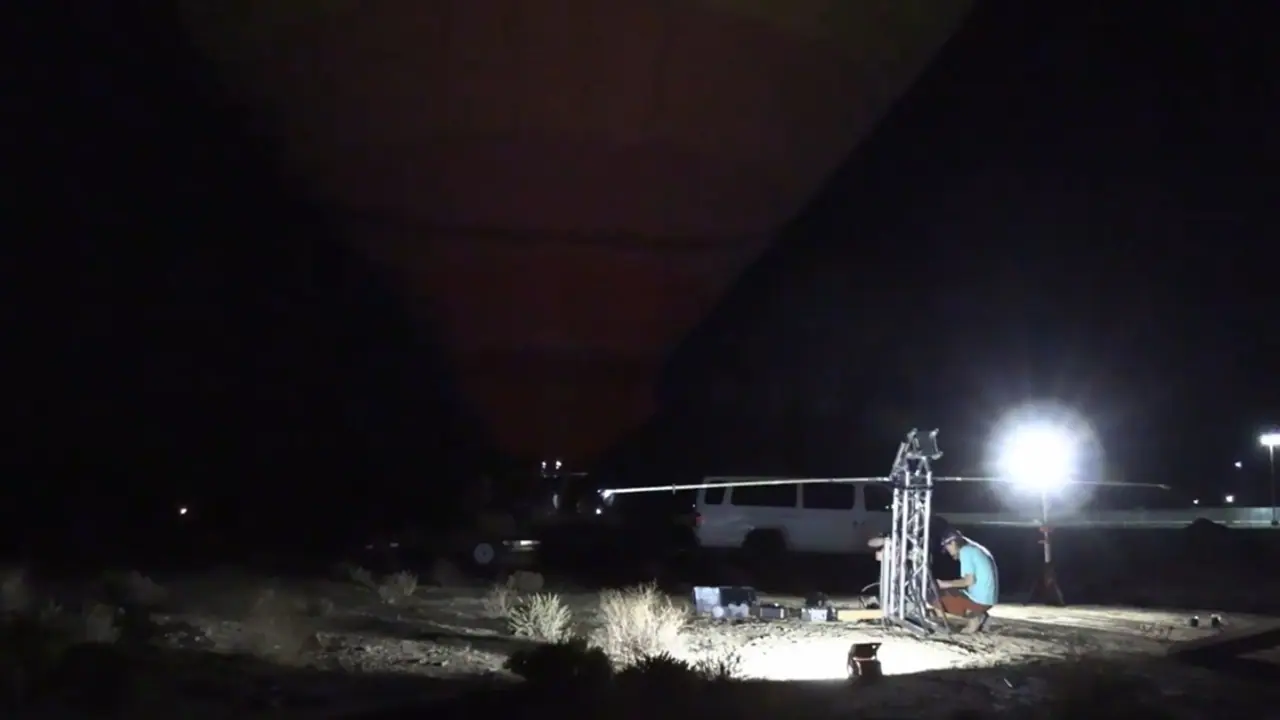Reflect Orbital, a pioneering startup based in California, has unveiled a game-changing initiative aimed at redefining global energy dynamics. The company’s audacious plan? To deliver sunlight after dusk, effectively allowing them to "sell sunlight" on demand, no matter the hour.
Reflect Orbital, a pioneering startup based in California, has unveiled a game-changing initiative aimed at redefining global energy dynamics. The company’s audacious plan? To deliver sunlight after dusk, effectively allowing them to "sell sunlight" on demand, no matter the hour.

CEO Ben Nowack revealed the ambitious project at the International Conference on Energy from Space in London this April, as reported by Daily Mail.
"I had an interesting way to solve the real issue with solar power," Nowack said in an interview with media outlet Vice.
"It’s this unstoppable force. Everybody’s installing so many solar panels everywhere. It’s really a great candidate to power humanity. But sunlight turns off. It’s called nighttime. If you solve that fundamental problem, you fix solar everywhere," Nowack added.
Nowack’s presentation emphasized Reflect Orbital’s commitment to maximizing solar energy’s potential by extending its reach into the nighttime hours. Through striking video footage, he showcased how their technology could light up the night sky with reflected sunlight.
During the conference, Nowack addressed a major concern, “The problem is that solar energy is not available when we actually want it.” He highlighted that solar farms are unable to produce energy after dark. Reflect Orbital’s solution involves bridging this gap by delivering nighttime energy to solar plants, which would then distribute it to households.
The ambitious plan includes launching 57 small satellites into orbit, each equipped with 33-square-foot ultra-reflective mylar mirrors designed to channel sunlight back to Earth. These satellites will orbit at an altitude of 370 miles and could potentially extend solar energy availability by an extra 30 minutes during peak demand times, according to The Deep Dive.
Testing their concept, Reflect Orbital's team, comprising just seven members, mounted an eight-by-eight-foot mylar mirror on a hot air balloon. Their goal was to reflect sunlight onto solar panels transported by truck to a test site. Mylar mirrors, known for their polyester film stretched over an aluminum frame, proved effective in this trial.
Nowack and co-founder Tristan Semmelhack are optimistic about the affordability of space missions, believing that the cost of launching satellites has decreased sufficiently to make their project financially viable. After weeks of field testing, the team celebrated a breakthrough, demonstrating the mirror's ability to reflect light from 242 meters (nearly 800 feet) away onto solar panels, producing around 500 watts of energy per square meter.
With the orbital mirrors set for launch in 2025, Reflect Orbital is already receiving significant interest. Over 30,000 applications have been submitted by those eager to "apply for sunlight" in the upcoming months.
